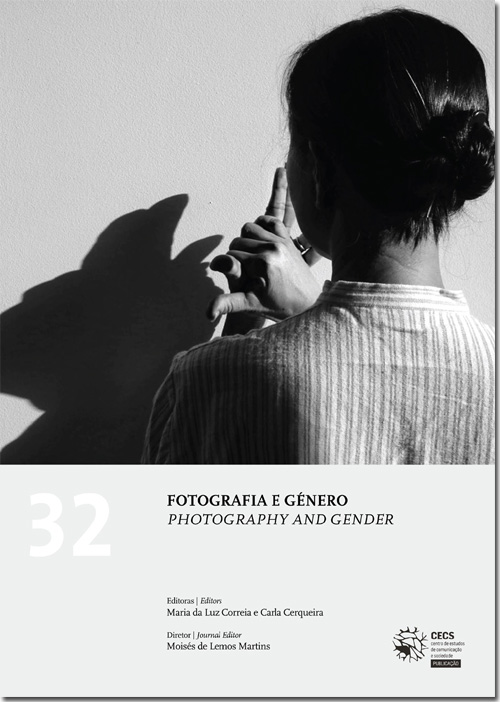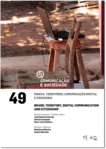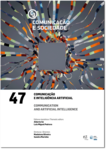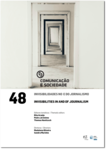Forget Bárbara Virgínia? A forerunner filmmaker between Portugal and Brazil
DOI:
https://doi.org/10.17231/comsoc.32(2017).2766Palavras-chave:
Cinema, women directors, the New State regime, PortugalResumo
Bárbara Virgínia was a forerunner film director in Portugal and the Festival de Cannes. Starting artistically as a diseuse and actress, she directed a feature film and a documentary in her youth, in 1946. Bárbara emigrated to Brazil in 1952 to work on radio and television, the country where she settled, formed a family, eventually abandoning the stages, and died in 2015. For this socio-biography, we collected and analysed public and private memory documents, a research interview and conversations with her family. To construct our analysis and strengthen a feminist perspective, we used Portuguese cinema’s History and memoirs. We both avoided mythologising and aimed at unveiling the patriarchal gaze which shapes some literature about Bárbara Virgínia. We built our questioning and analysis from Linda Alcoff’s and Teresa de Lauretis’s gender studies, from the sociology of culture by Pierre Bourdieu who Bev Skeggs borrowed for her intersection of class, gender and coloniality, alongside historical and social research about both countries’ context. The paper focuses on the artistic and familiar roles played by the filmmaker, and proposes an interpretation aimed to contribute to a fine knowledge about gender and class barriers to cultural and professional practices at that time, while it also discusses the erasure of memory about Barbara Virginia.
Downloads
Downloads
Publicado
Como Citar
Edição
Secção
Licença
Os autores são titulares dos direitos de autor, concedendo à revista o direito de primeira publicação. O trabalho é licenciado com uma Licença Creative Commons - Atribuição 4.0 Internacional.











